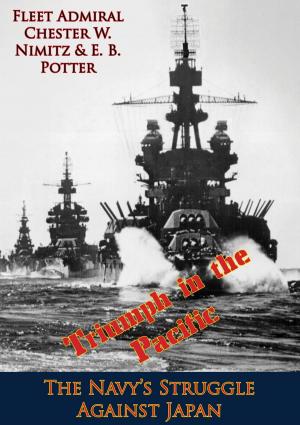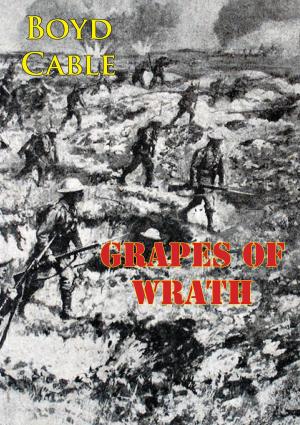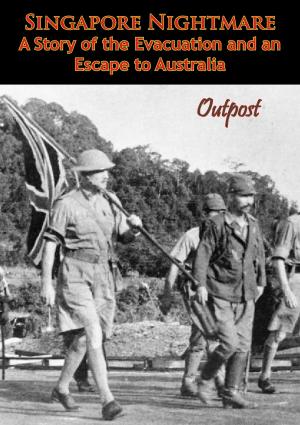Choke Hold: The Attack On Japanese Oil In World War II
Nonfiction, History, Germany, European General, Military, United States| Author: | Stephen L. Wolborsky | ISBN: | 9781782897545 |
| Publisher: | Verdun Press | Publication: | August 15, 2014 |
| Imprint: | Verdun Press | Language: | English |
| Author: | Stephen L. Wolborsky |
| ISBN: | 9781782897545 |
| Publisher: | Verdun Press |
| Publication: | August 15, 2014 |
| Imprint: | Verdun Press |
| Language: | English |
After WWI, Army airmen like Billy Mitchell, in a bid for service independence, touted land-based air power’s dominance over ships. Later, airmen at the Air Corps Tactical School developed a theory of independent air power application based on strategic bombing. These airmen persuaded Congress to purchase the tools to implement strategic bombing-fleets of heavy bombers-by citing these aircraft as optimum for defending the US coasts against enemy ships.
However, when the opportunity to test the efficacy of bombers against ships presented itself in WWII’s Pacific Theater, Army Air Force (AAF) leaders proved reluctant to throw their full support behind such an effort. A key aspect of the US Navy’s Pacific strategy was an intense campaign against Japanese commercial shipping. This blockade, primarily targeting oil after late 1943, was spearheaded by US Navy submarines. A blockade proved the most effective means of attacking Japan’s oil, although AAF leaders preferred strategic bombing of the Japanese home islands, including oil facilities, over blockade support. This preference was particularly true for the B-29. This thesis analyzes the campaign against Japanese oil to explore why an oil blockade was effective against Japan and, more important, to examine how service parochialism distorted the development of a rational military strategy in the Pacific Theater.
After WWI, Army airmen like Billy Mitchell, in a bid for service independence, touted land-based air power’s dominance over ships. Later, airmen at the Air Corps Tactical School developed a theory of independent air power application based on strategic bombing. These airmen persuaded Congress to purchase the tools to implement strategic bombing-fleets of heavy bombers-by citing these aircraft as optimum for defending the US coasts against enemy ships.
However, when the opportunity to test the efficacy of bombers against ships presented itself in WWII’s Pacific Theater, Army Air Force (AAF) leaders proved reluctant to throw their full support behind such an effort. A key aspect of the US Navy’s Pacific strategy was an intense campaign against Japanese commercial shipping. This blockade, primarily targeting oil after late 1943, was spearheaded by US Navy submarines. A blockade proved the most effective means of attacking Japan’s oil, although AAF leaders preferred strategic bombing of the Japanese home islands, including oil facilities, over blockade support. This preference was particularly true for the B-29. This thesis analyzes the campaign against Japanese oil to explore why an oil blockade was effective against Japan and, more important, to examine how service parochialism distorted the development of a rational military strategy in the Pacific Theater.

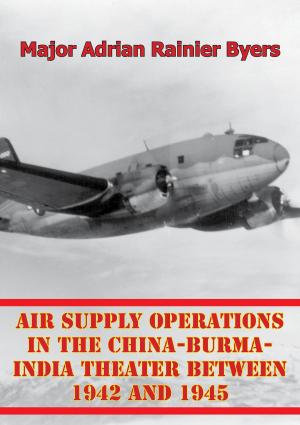
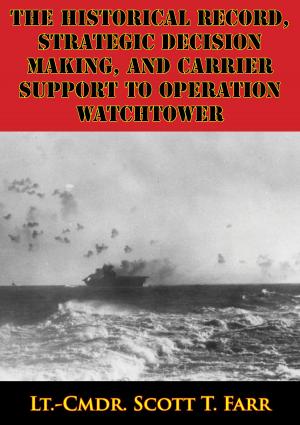

![Cover of the book Tanks In The Great War, 1914-1918 [Illustrated Edition] by Stephen L. Wolborsky](https://www.kuoky.com/images/2014/august/300x300/9781782899167-ojbB_300x.jpg)
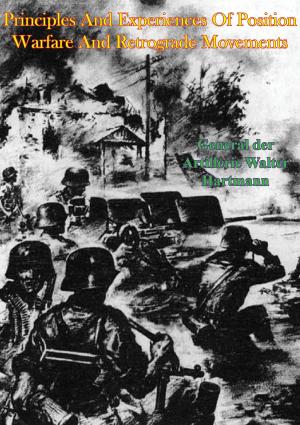
![Cover of the book Battle For The Solomons [Illustrated Edition] by Stephen L. Wolborsky](https://www.kuoky.com/images/2015/november/300x300/9781786251848-l00S_300x.jpg)
